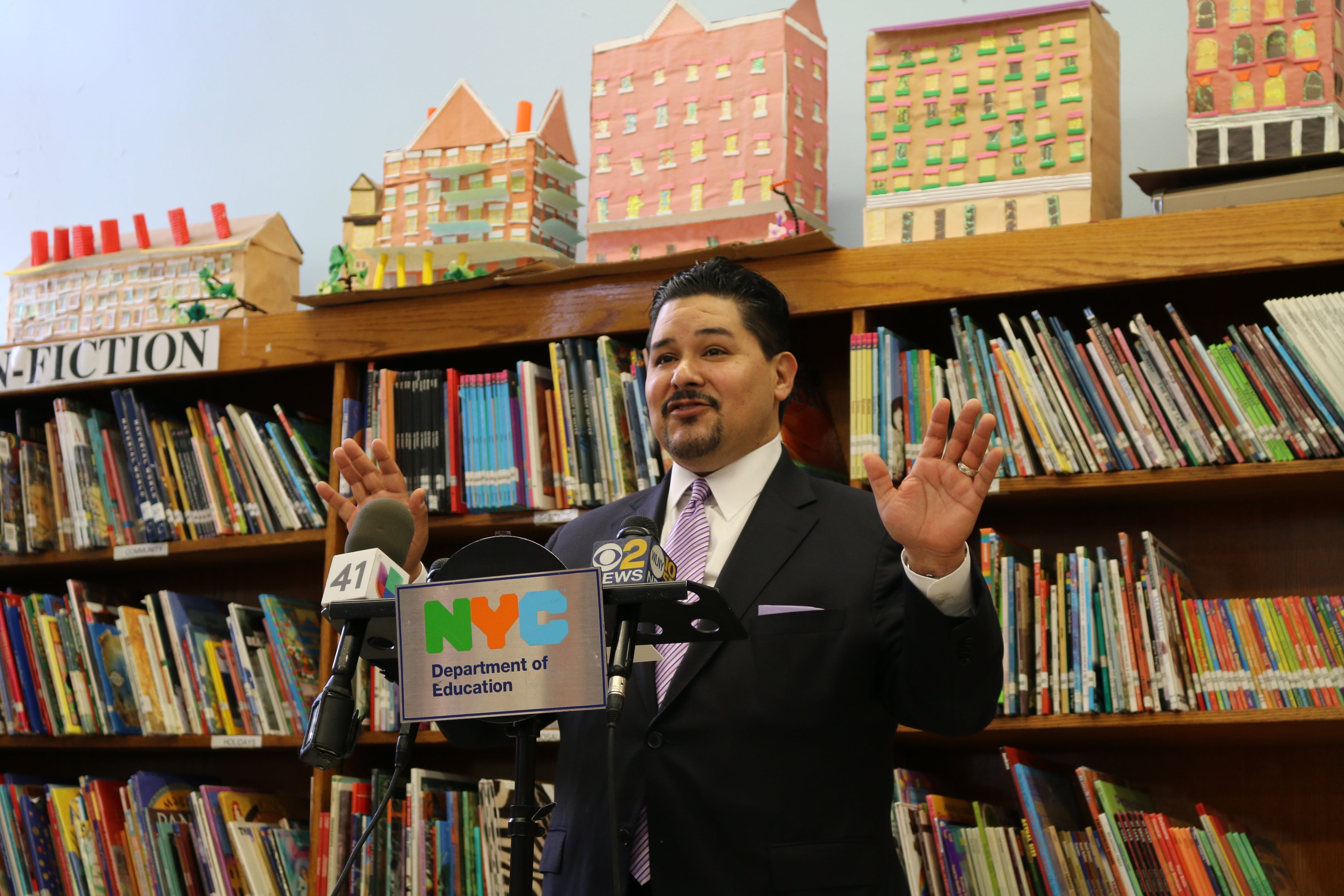New York City does not plan to offer in-person classes this summer for students with disabilities even though state officials have given districts the option of doing so.
Still, city officials said they are looking into the possibility of offering a more narrow set of related services in person at some point this summer, including speech therapy, occupational therapy, and counseling.
Parents have faced weeks of uncertainty about whether city officials would conduct in-person instruction this summer for thousands of students with disabilities who are entitled to continue their schooling year round. Students with disabilities are scheduled to begin virtual summer classes on July 2.
Although Mayor Bill de Blasio had indicated regular classes would be unlikely, Gov. Andrew Cuomo issued an executive order earlier this month that would allow “necessary” in-person special education services this summer, provided that districts followed virus prevention guidance, such as increased cleaning of buildings and social distancing.
In the wake of that executive order, city education department officials did not definitively say whether they would try to pivot to in-person instruction for students with disabilities this summer, though they indicated it was unlikely.
Schools Chancellor Richard Carranza dismissed in-person summer instruction in a tweet as an “experiment with our most vulnerable students” — but did not completely rule out the possibility in a series of follow-up tweets or in a letter to state officials seeking more guidance.
But on Tuesday, an education department spokesperson confirmed there are no plans to offer in-person instruction to students with disabilities.
Officials are still evaluating whether certain services such as occupational and physical therapy, which can be difficult to provide remotely, could be offered in person at some point this summer. An advocate who was briefed by education department officials said the city is considering the use of Regional Enrichment Centers, which provide child care to essential workers, as possible sites for those services.
About 39,000 New York City students receive year-round special education services. These services typically go to those students who have more serious needs, including autism or communication delays, and are at greatest risk of losing ground over the summer.
Many of those students attend District 75 programs, which serve students with the most profound disabilities, and often continue school over the summer.
Some parents had worried that the limits of remote summer learning would be felt even more acutely by students with complex disabilities, many of whom are already struggling to cope with the loss of routine, access to social groups, and are at greatest risk of falling further behind.
Still, other parents have expressed concerns about the possible dangers of returning to school buildings as the coronavirus still poses a significant threat. Some educators have expressed reservations about returning over the summer and the New York City teachers union has outlined measures they want in place before buildings reopen, including widespread testing and temperature checks.





